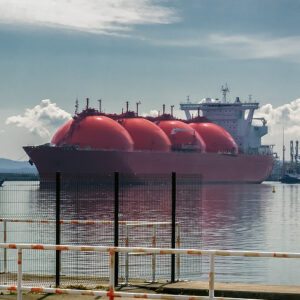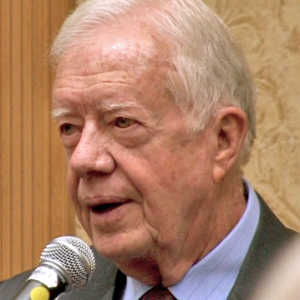A new study shows the popularity of U.S.-based liquid natural gas (LNG) continues to rise, despite efforts by environmentalists and the Biden-Harris administration to promote unreliable renewable energy. The survey by Wood Mackenzie found LNG demand in Asia was expected to double by 2050, providing countries with an affordable alternative to coal, the region’s dominant […]



